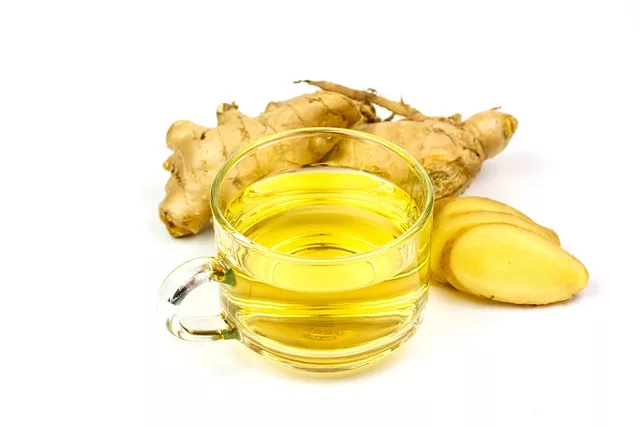Inflammation is a natural response by the body to injury or infection. However, chronic inflammation can lead to various health conditions. While lifestyle factors such as diet and exercise play a crucial role in managing inflammation, natural supplements and herbs can provide an additional boost.
In this comprehensive guide, we will explore the benefits of incorporating supplements and herbs into your routine, followed by a closer look at some supplements known for their anti-inflammatory properties.
The Role of Supplements
Supplements offer concentrated forms of nutrients and bioactive compounds that can help modulate the body’s inflammatory response. While a well-rounded, anti-inflammatory diet forms the foundation, supplements provide an extra level of support, especially when dietary intake is insufficient. They can target specific pathways involved in inflammation, promote balance, and amplify the effects of a healthy lifestyle. However, it’s important to note that supplements should not replace a balanced diet but rather complement it.
Supplements and Herbs for Chronic Inflammation
- Curcumin (from Turmeric): Curcumin, the active compound in turmeric, has gained recognition for its potent anti-inflammatory properties. It inhibits inflammatory pathways and helps reduce the production of inflammatory molecules. Curcumin supplements, typically taken in the range of 500 to 2,000 mg per day, offer a concentrated dose. Additionally, incorporating turmeric into your diet by adding it to various dishes can provide a milder, yet still beneficial, anti-inflammatory effect.
- Omega-3 Fatty Acids: Omega-3 fatty acids, particularly EPA and DHA, are renowned for their anti-inflammatory effects. They help maintain the body’s inflammatory balance and promote the production of anti-inflammatory molecules. Fatty fish like salmon, chia seeds, and flaxseeds are excellent dietary sources. However, omega-3 supplements derived from fish oil or algae can be considered to ensure adequate intake, especially for those who may not consume enough through diet. Dosages vary based on individual needs and should be discussed with a healthcare professional.
- Ginger: Ginger contains compounds called gingerols, which possess potent anti-inflammatory properties. Consuming fresh ginger in cooking or as ginger tea can offer relief from inflammation. Ginger supplements are also available in capsule or powder form. Consult dosage recommendations on the packaging or seek guidance from a healthcare professional.
- Other Herbal Remedies: Beyond curcumin and ginger, several other herbs provide anti-inflammatory benefits:
- Boswellia: Derived from the resin of the Boswellia tree, boswellia extract has demonstrated anti-inflammatory effects, particularly in joint health. It is available in capsule or cream form.
- Green Tea: Rich in antioxidants, green tea contains catechins that possess anti-inflammatory properties. Regularly enjoying a cup of green tea can contribute to your anti-inflammatory efforts.
- Rosemary: Rosemary contains rosmarinic acid, which exhibits anti-inflammatory properties. Including fresh or dried rosemary in your cooking or utilizing rosemary extract supplements can provide additional support.
You can enhance your efforts in managing inflammation with these and many other herb remedies and supplement. While they should complement a healthy diet and lifestyle, supplements offer concentrated doses of beneficial compounds that target specific inflammatory pathways. By harnessing the power of nature, you can optimize your journey towards reducing inflammation and promoting overall well-being.
Image by Alongkorn Tengsamut from Pixabay
Health Topics
-

Ultimate Gudie to Manage Arthritis Through Diet and Lifestyle Changes
Arthritis, a condition characterized by joint inflammation and pain, affects millions of individuals worldwide. While medical interventions play a crucial role in managing symptoms, adopting the right diet and lifestyle changes can significantly contribute to improved quality of life for arthritis sufferers. This article offers a comprehensive guide to managing arthritis through dietary choices and…
-

What is Arthritis and its Symptoms -Dispelling Common Misconceptions
-

The Role of Salt in Hydration – Why You Need Balance?
-

Understanding BMI (Body Mass Index) and Its Importance for Health
-

How to Manage Overactive Bladder with These Remedies Naturally
-

How to Manage Chronic Inflammation with Natural Supplements and Herbs








Leave a Reply